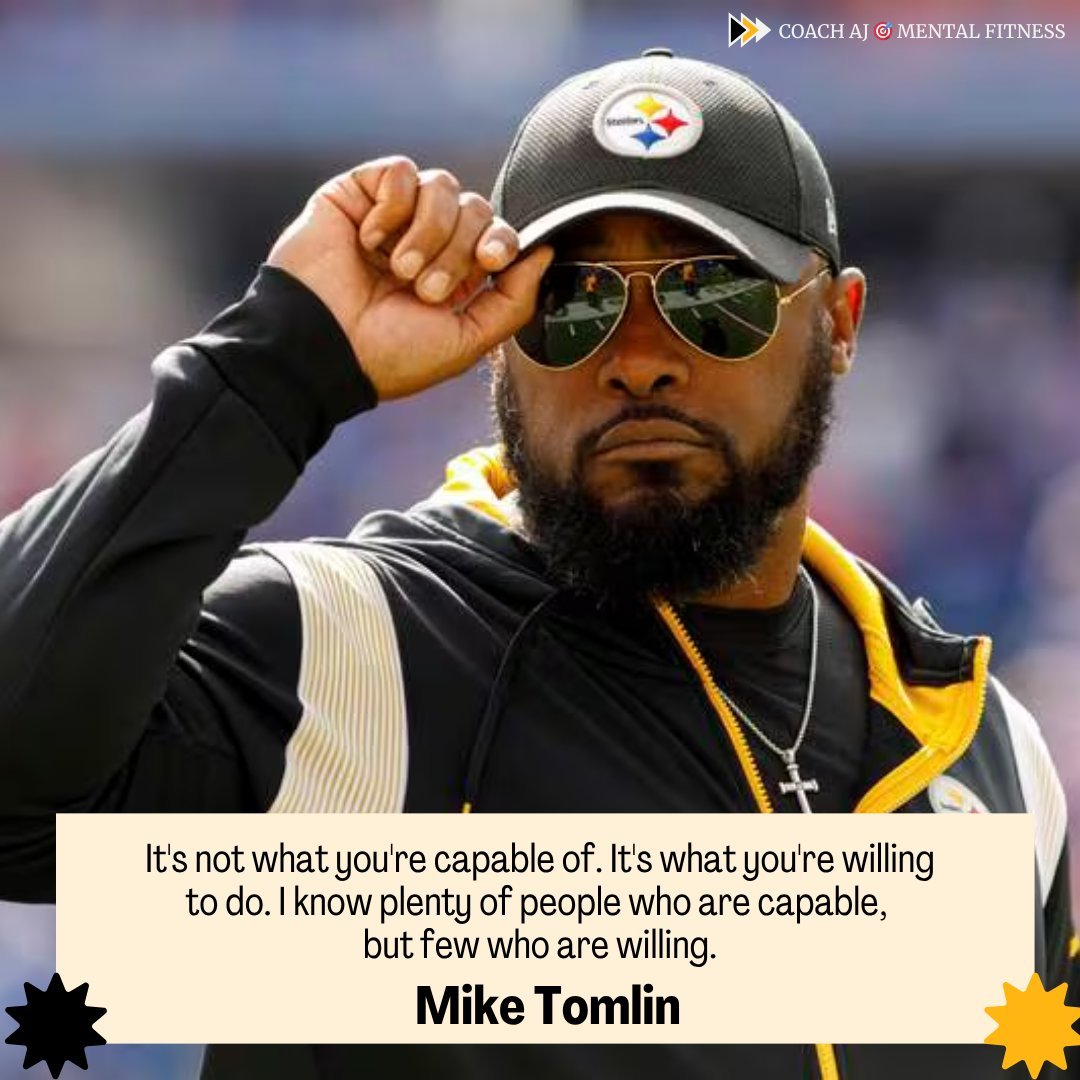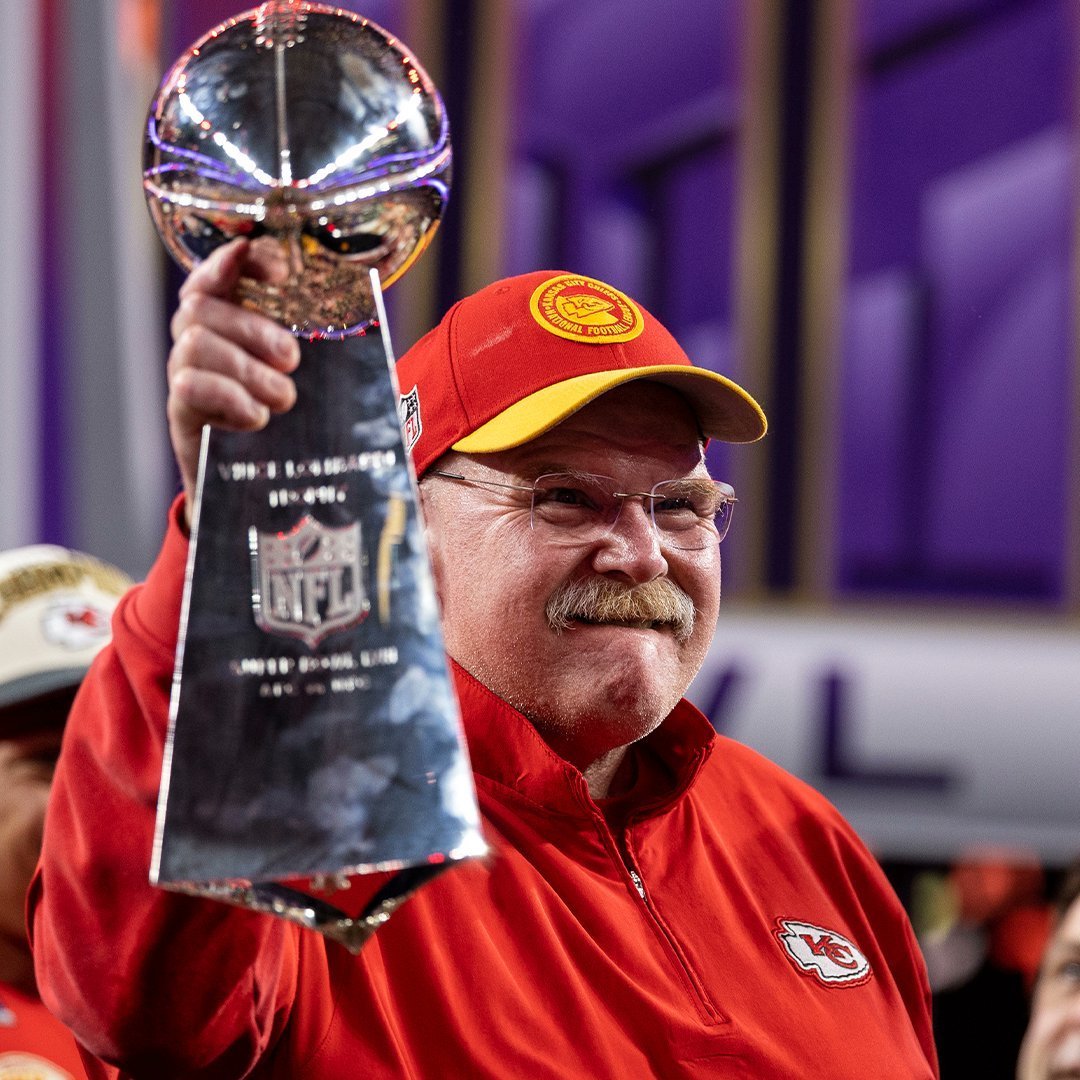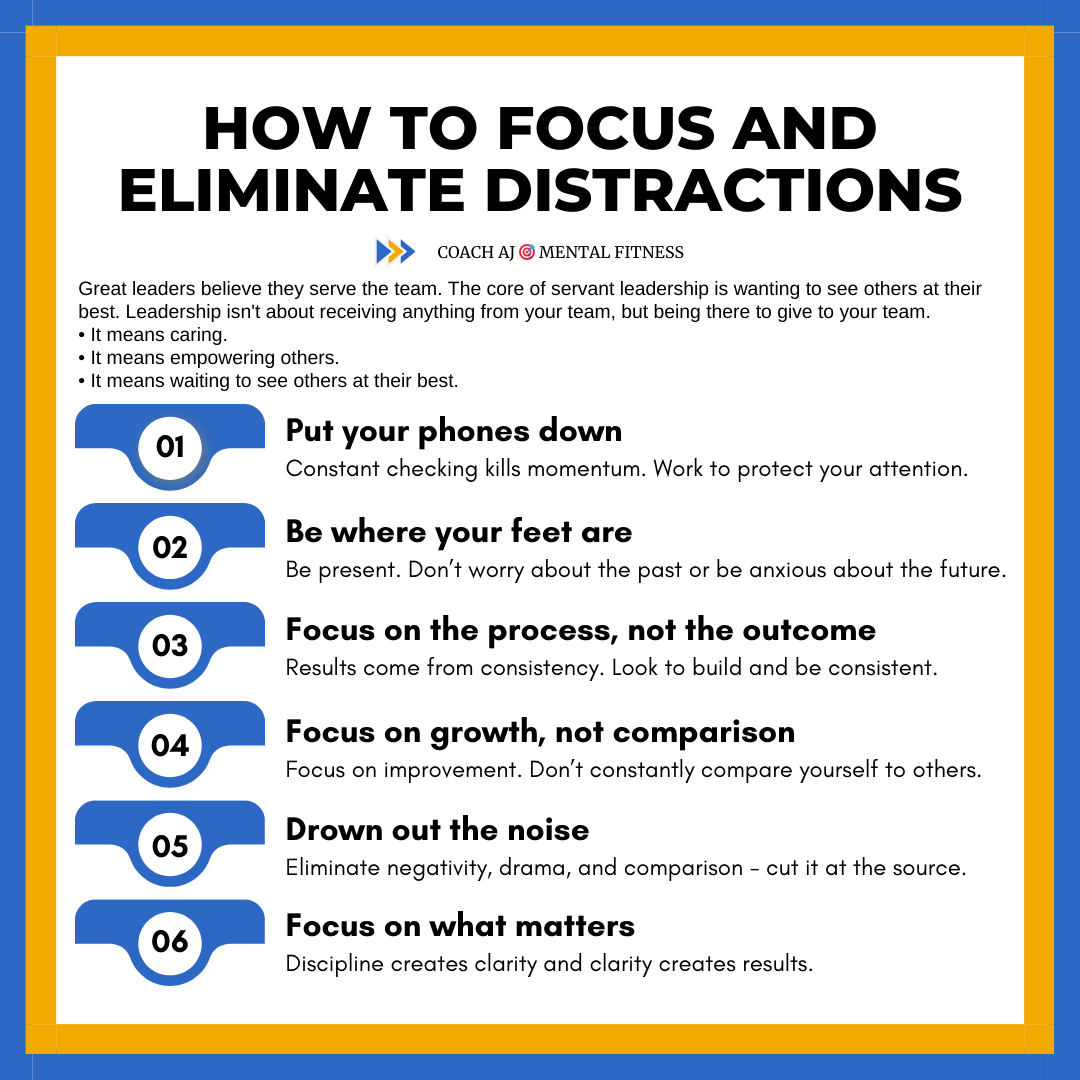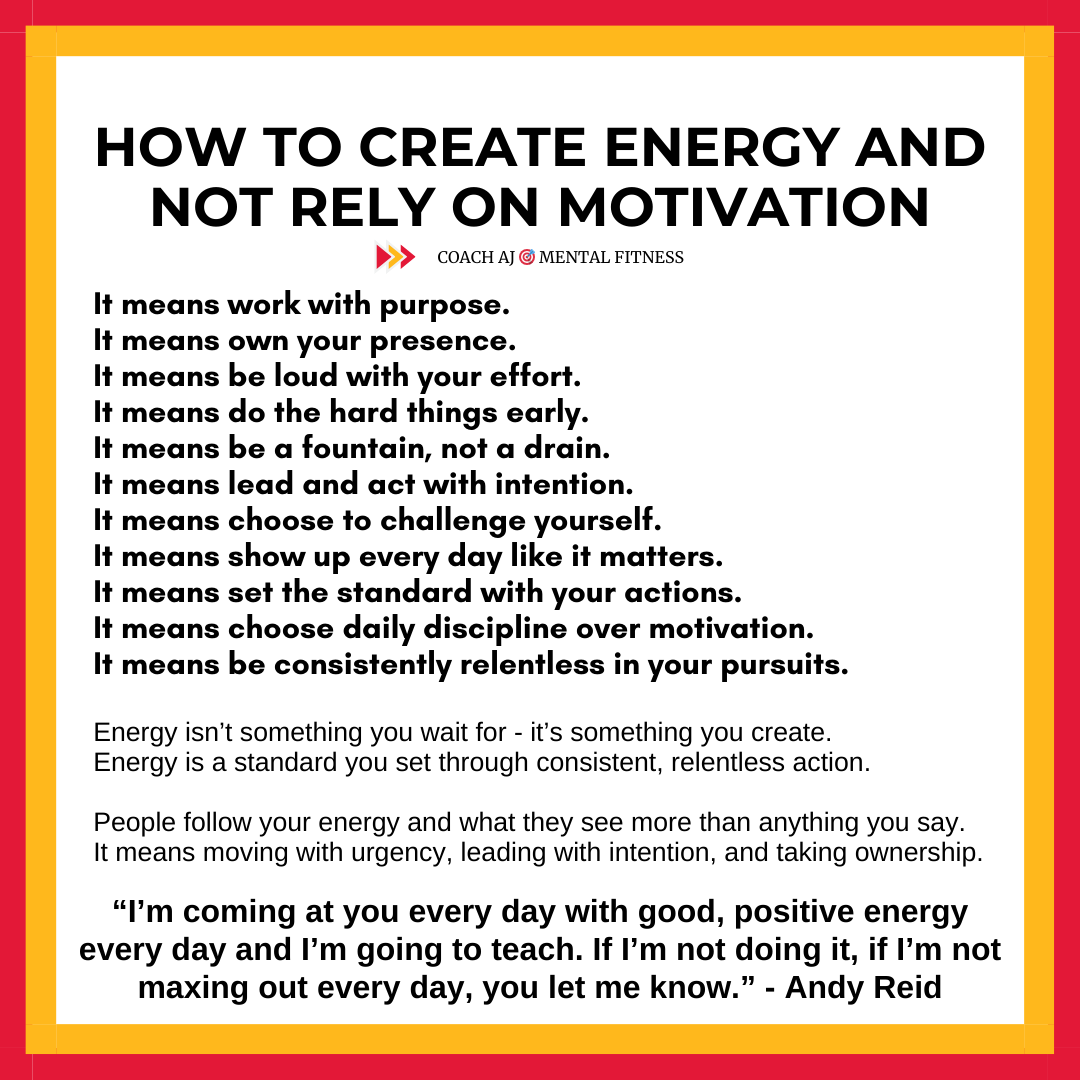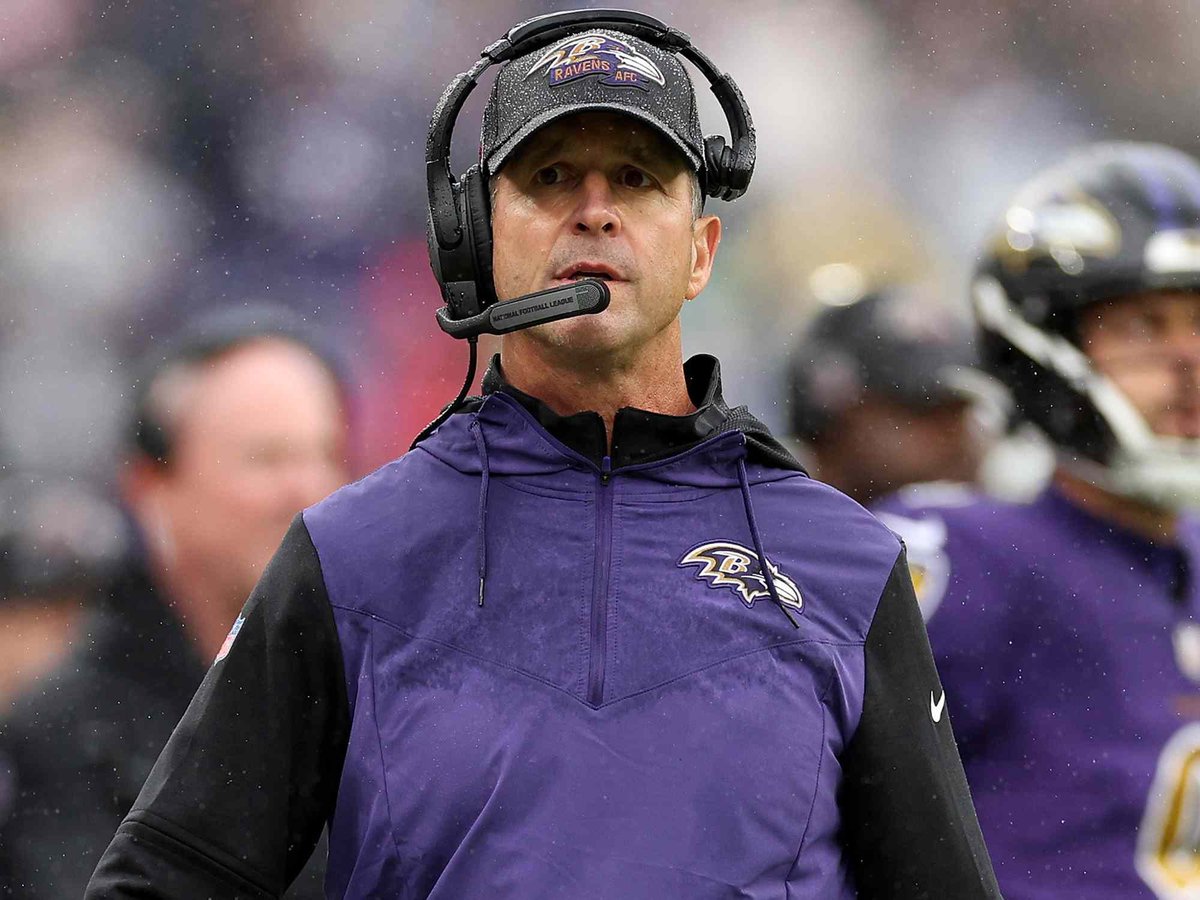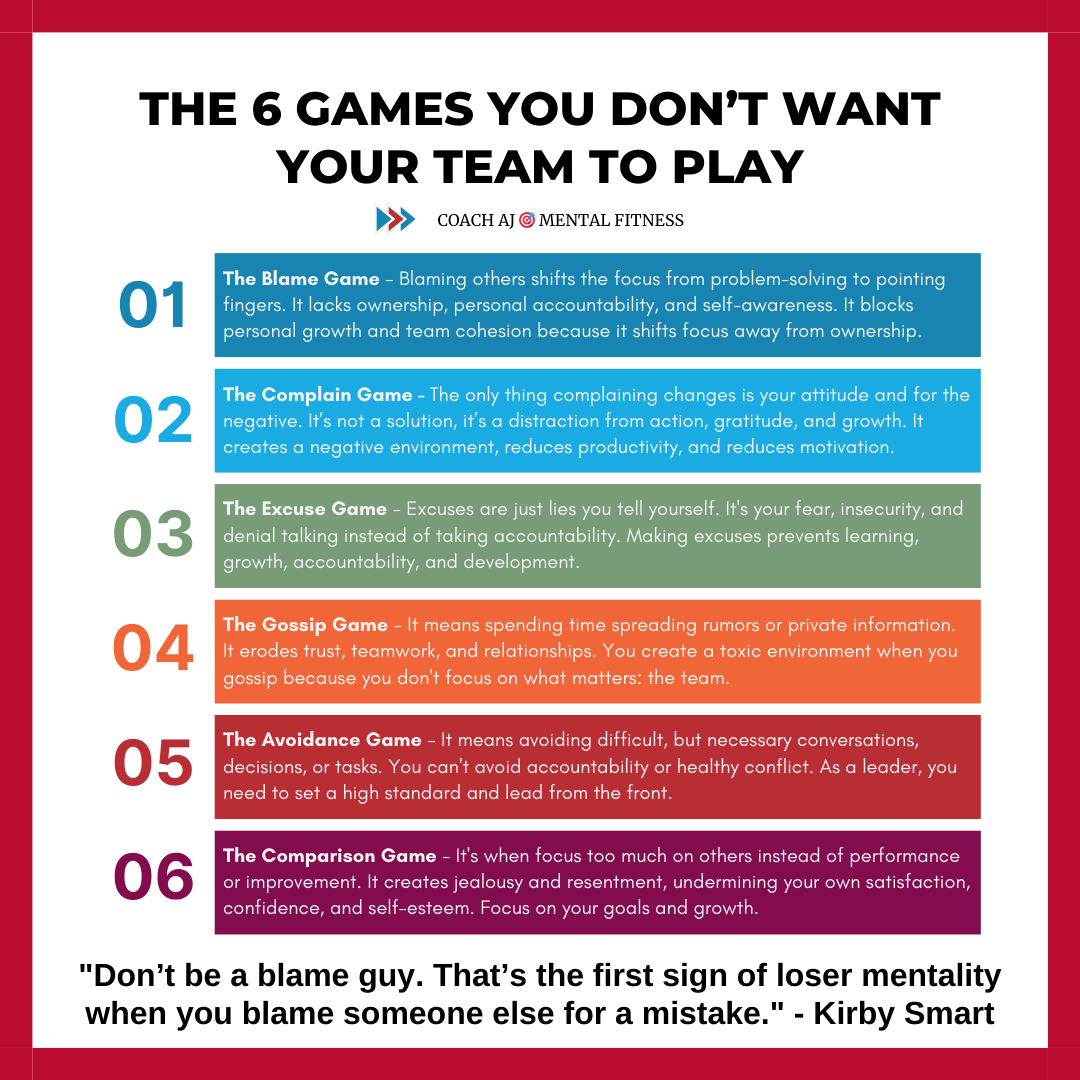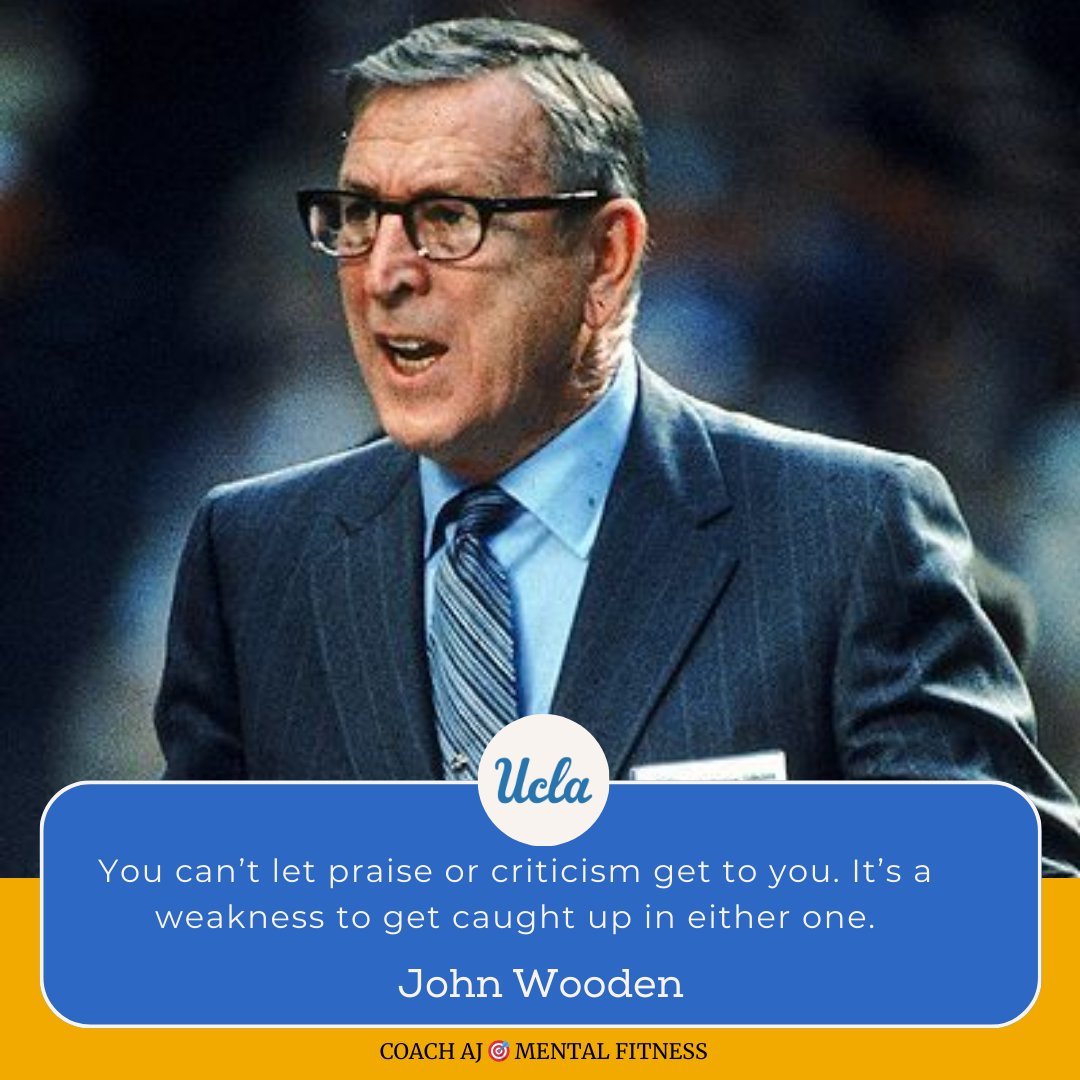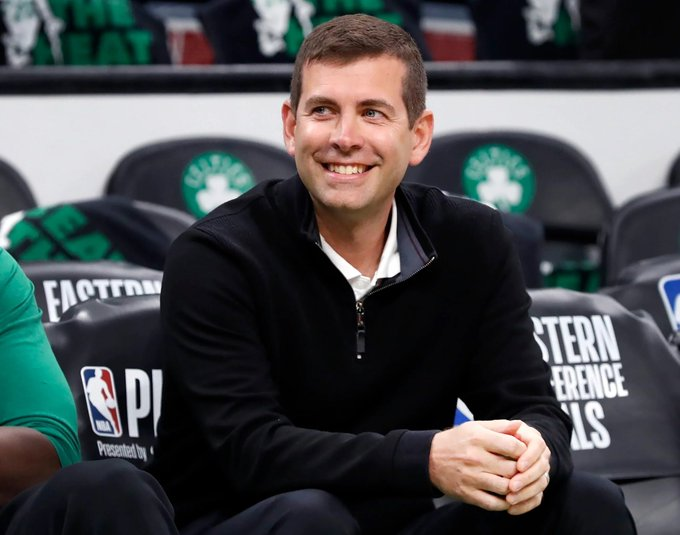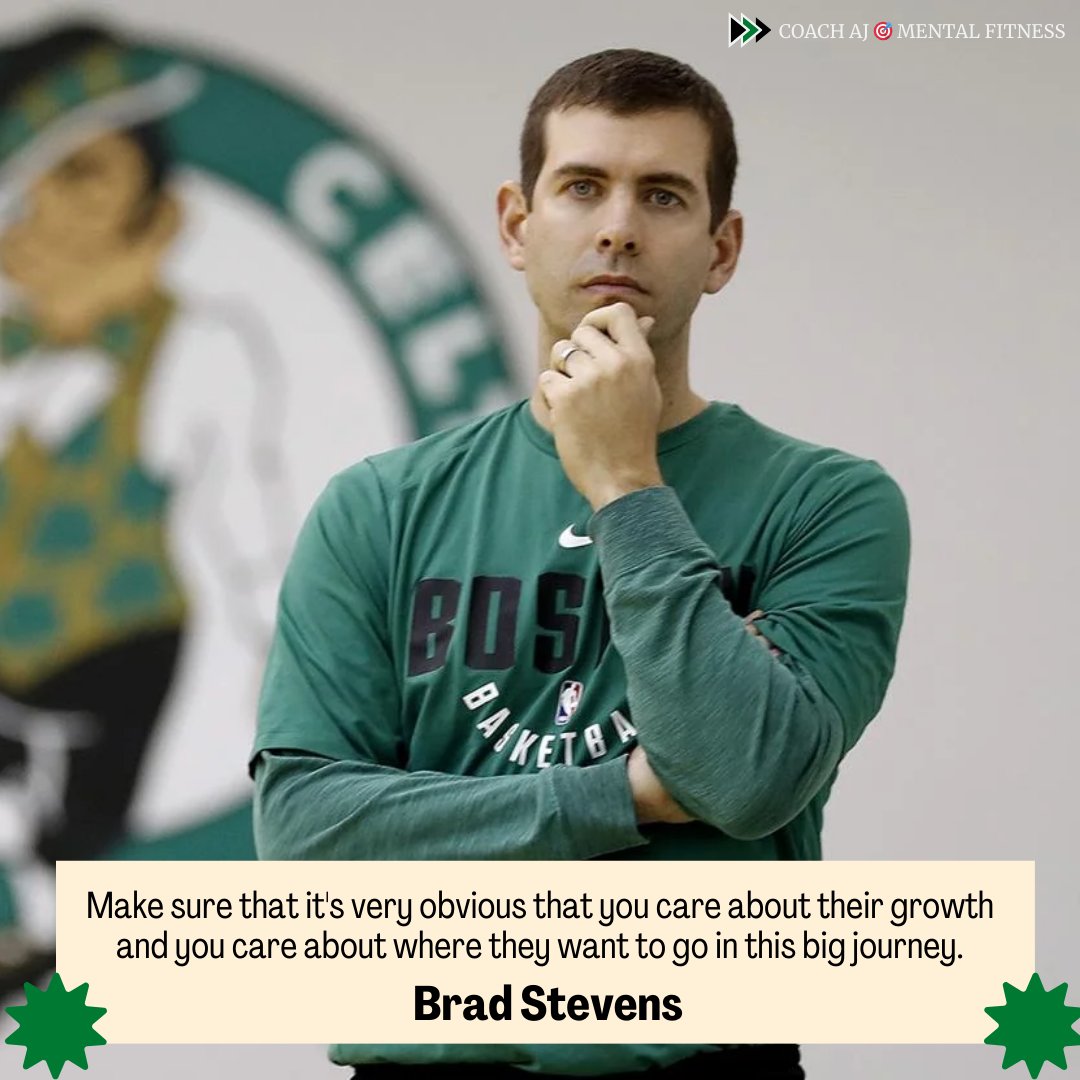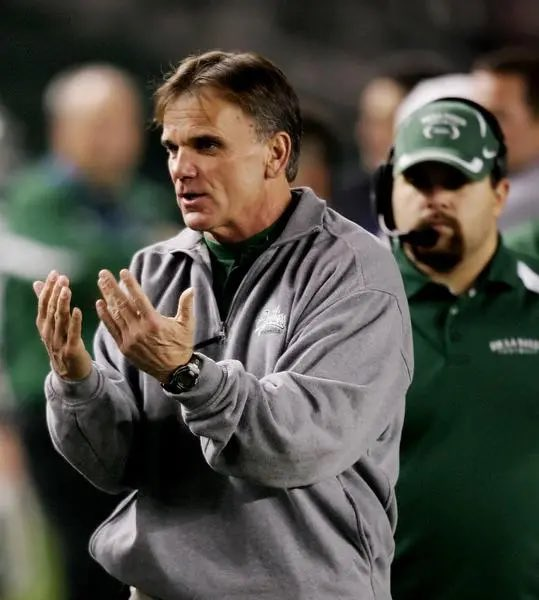Everyone tells you to "stay humble" and "be coachable."
But here's the problem: No one actually shows you what humility looks like.
Most people think it's just an attitude. It's not.
Here are the 5 specific behaviors that separate truly humble performers:🧵
But here's the problem: No one actually shows you what humility looks like.
Most people think it's just an attitude. It's not.
Here are the 5 specific behaviors that separate truly humble performers:🧵
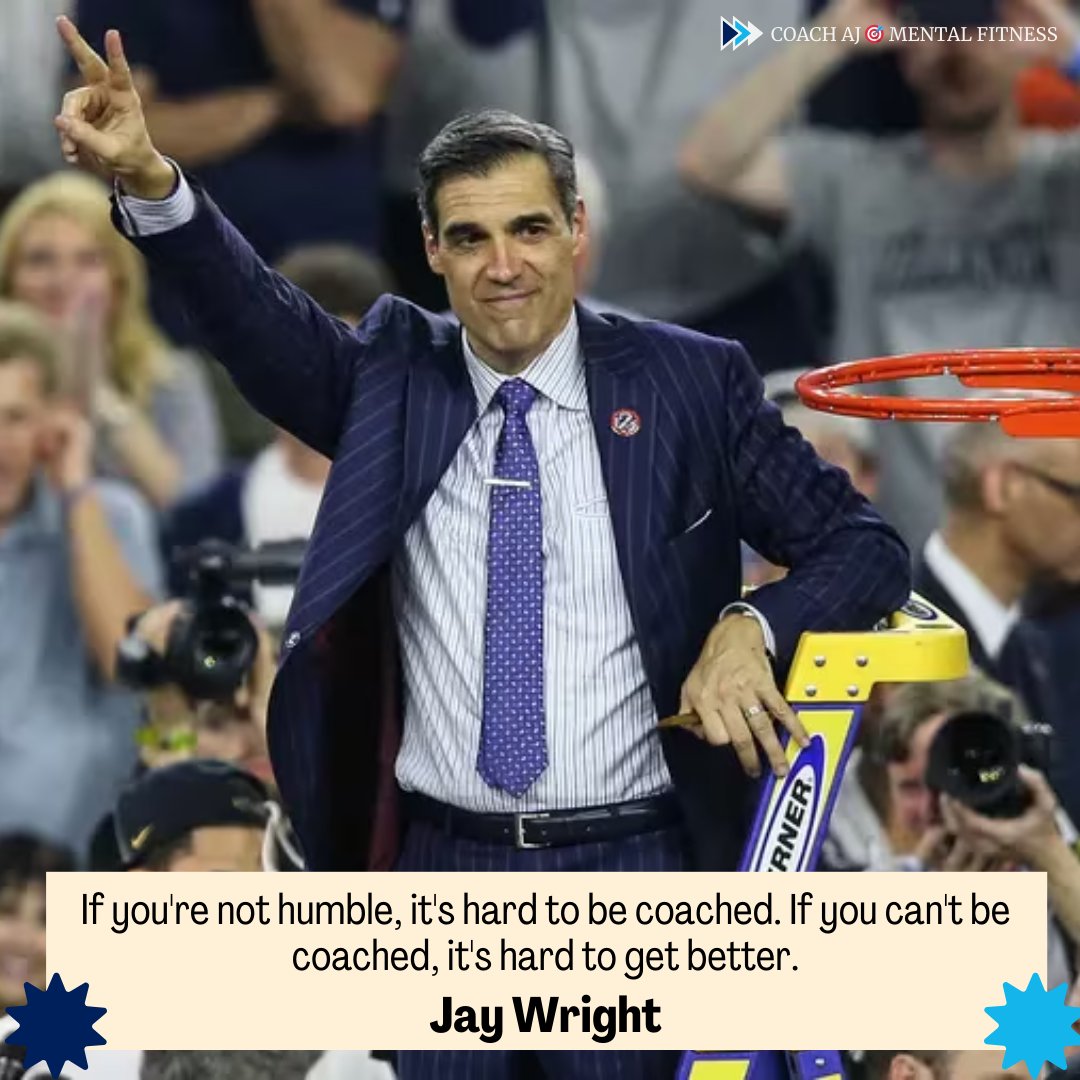
The problem: We treat humility like it's just an attitude.
But humility is actually a skill you develop through specific behaviors.
This isn't about being weak - it's about being confident enough to keep growing.
Here's what it actually looks like...
But humility is actually a skill you develop through specific behaviors.
This isn't about being weak - it's about being confident enough to keep growing.
Here's what it actually looks like...
1: Stay Curious Always
Michael Jordan said, "I ask questions; I read; I listen. I'm not afraid to ask anybody anything if I don't know."
Humble people live with a beginner's mindset.
They accept that they don't know everything and there's always something to learn.
Michael Jordan said, "I ask questions; I read; I listen. I'm not afraid to ask anybody anything if I don't know."
Humble people live with a beginner's mindset.
They accept that they don't know everything and there's always something to learn.
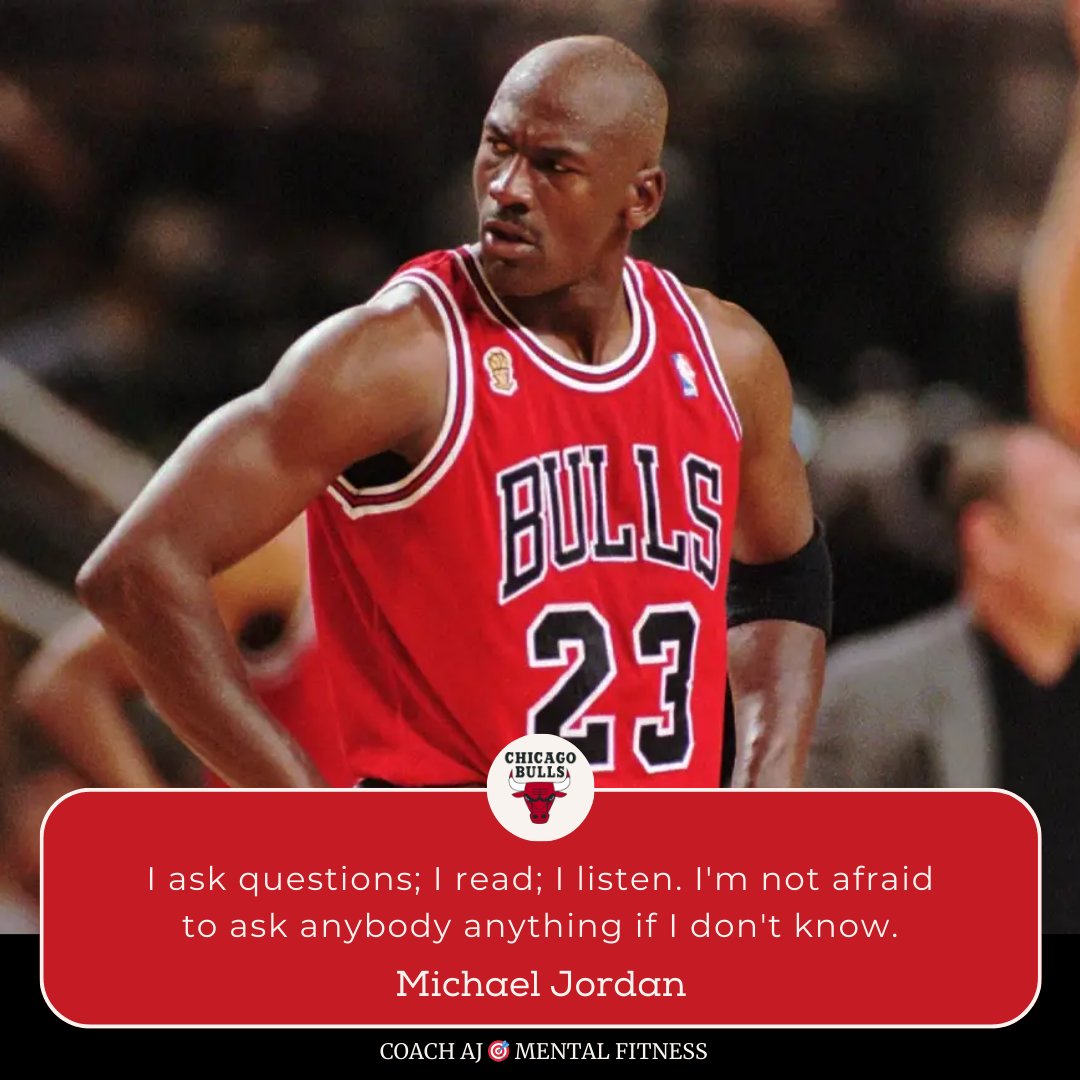
2: Compete Against Yesterday's Version of You
Steve Young said, "The principle is competing against yourself. It's about self-improvement, about being better than you were the day before."
Humble performers focus on their own growth, not comparing themselves to others.
Steve Young said, "The principle is competing against yourself. It's about self-improvement, about being better than you were the day before."
Humble performers focus on their own growth, not comparing themselves to others.
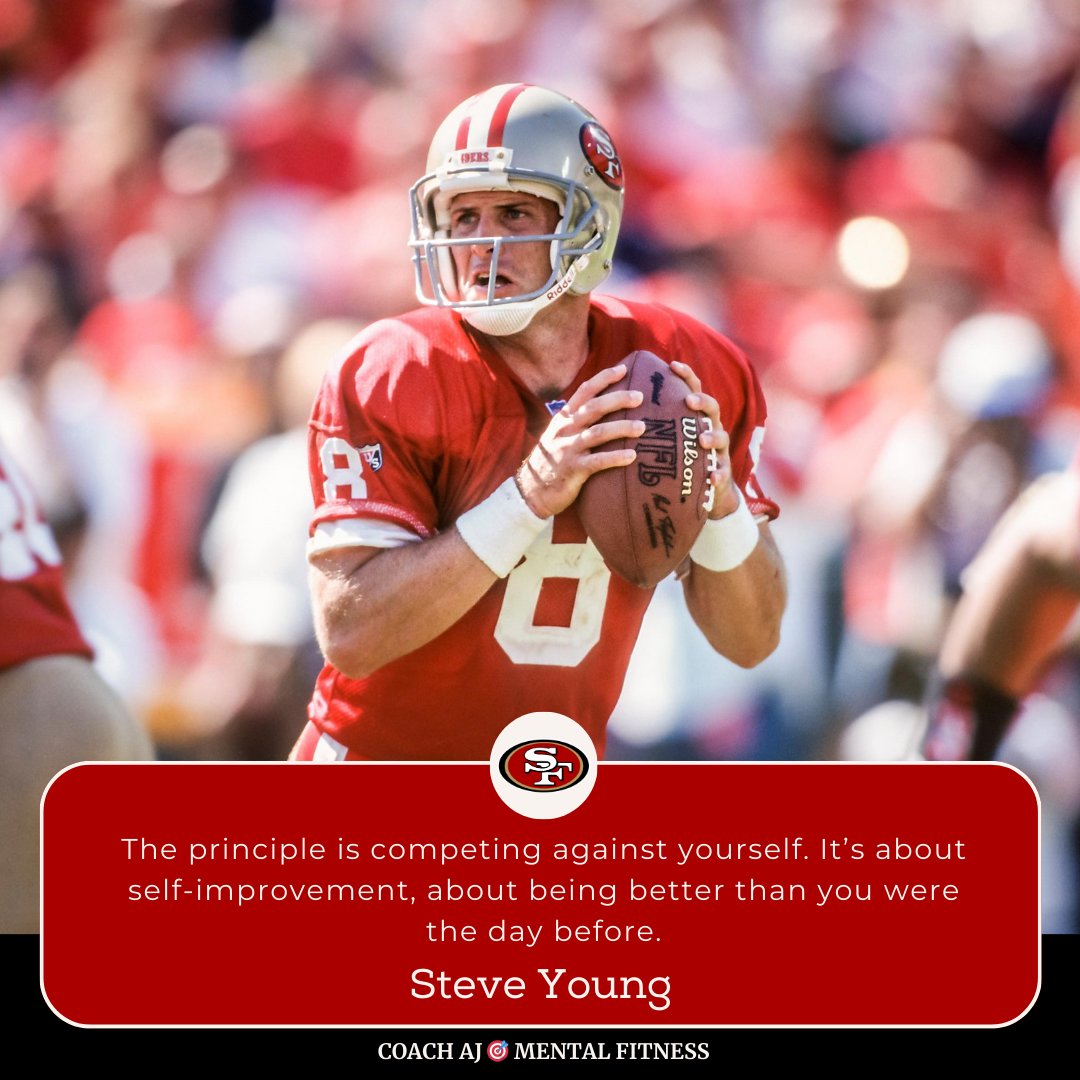
3: Keep Perspective
You're never as good as your wins, never as bad as your losses.
Joe Torre said, "You can't overreact to a few rough days. It's important to be consistent and stick with your plan."
Humility keeps you grounded in both and gives you perspective along the way.
You're never as good as your wins, never as bad as your losses.
Joe Torre said, "You can't overreact to a few rough days. It's important to be consistent and stick with your plan."
Humility keeps you grounded in both and gives you perspective along the way.
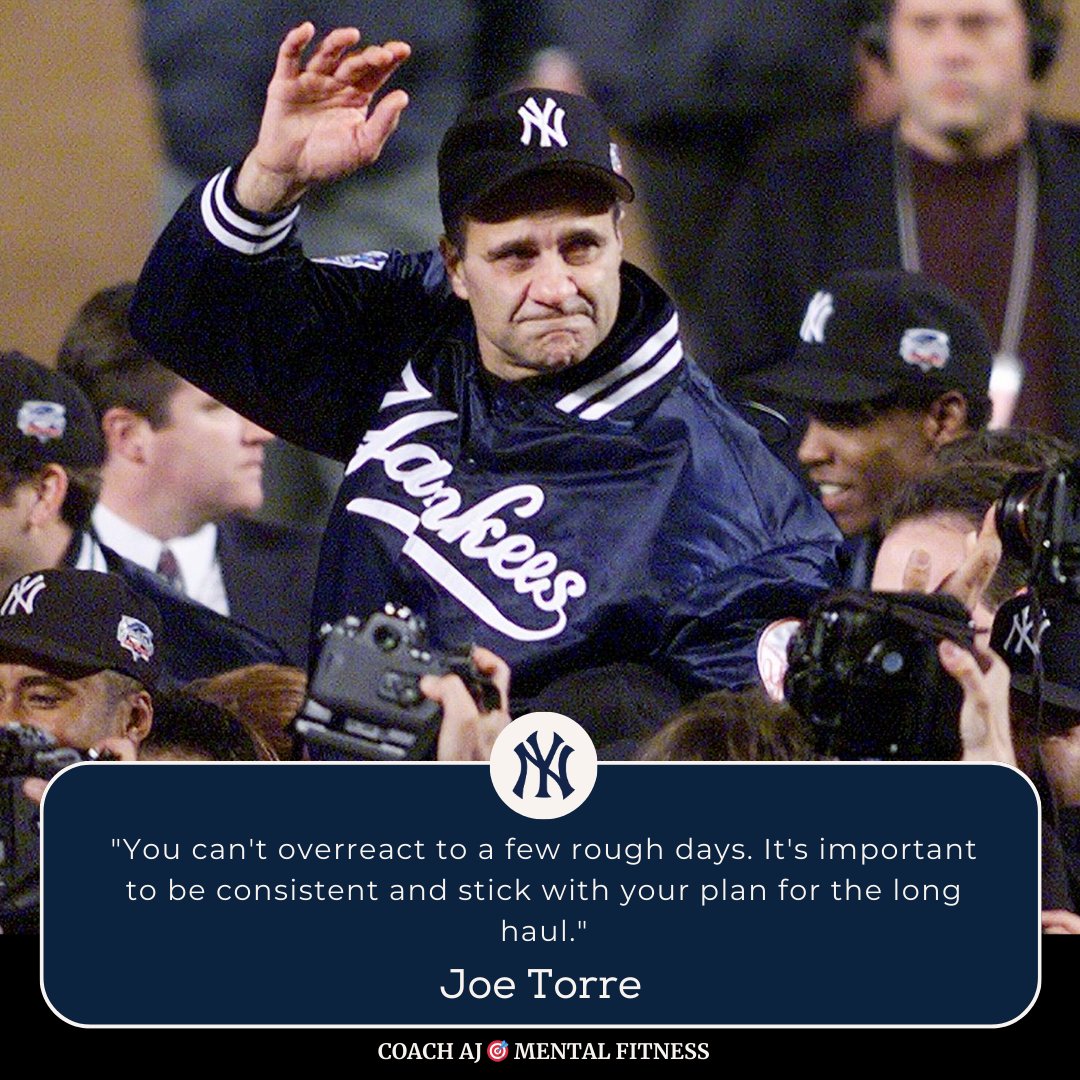
4: Don't Think You're Better Than Anybody Else
The quote below is a life lesson in humility and focus.
Never try to be better than anyone else because you're always learning and growing from other people.
It's about character.
Just be the best person you can be.
The quote below is a life lesson in humility and focus.
Never try to be better than anyone else because you're always learning and growing from other people.
It's about character.
Just be the best person you can be.
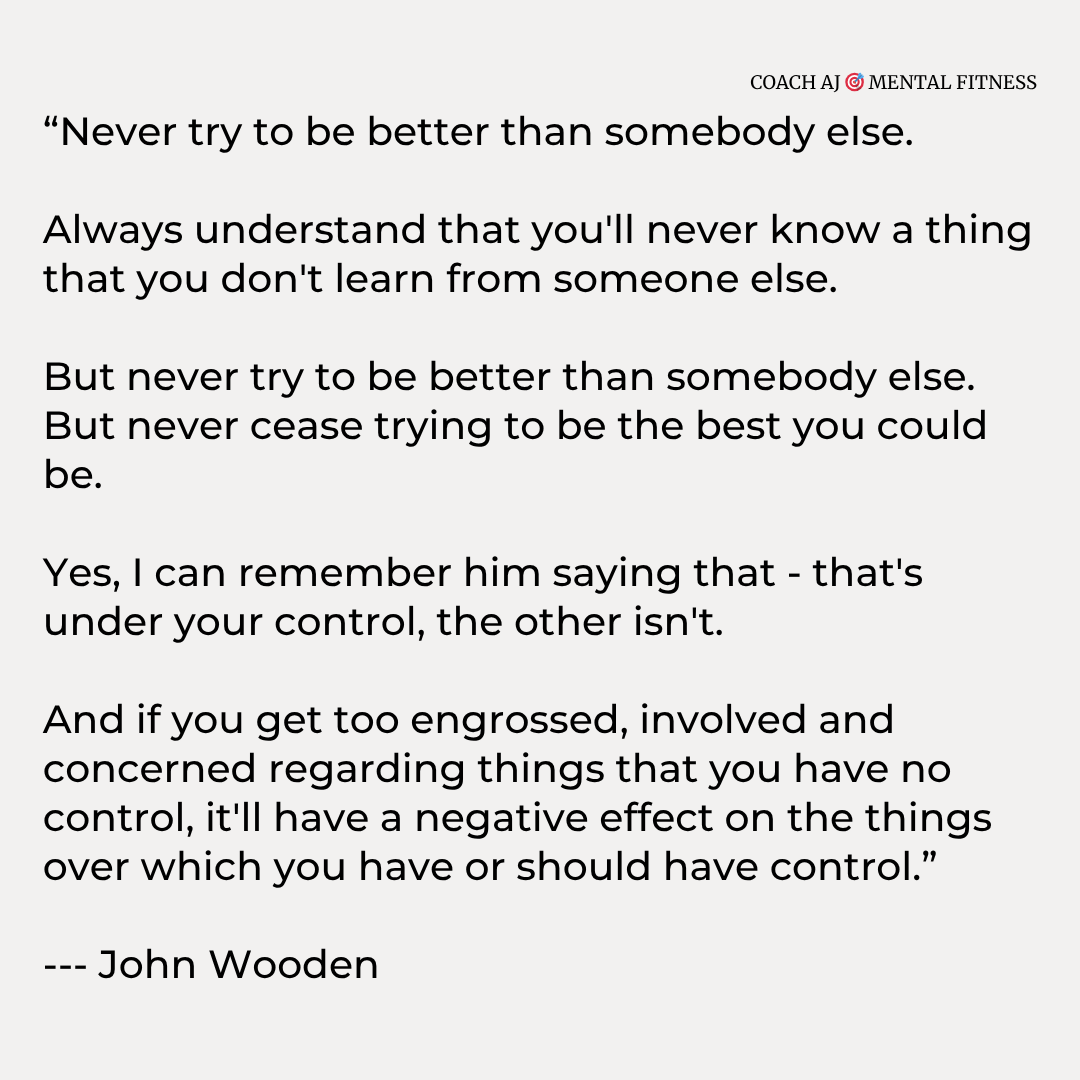
5: Accept Feedback and Own Your Mistakes
Bill Belichick said, “I don’t know how you can improve unless you can accept constructive criticism.”
It takes self-awareness.
You can't grow if you aren't willing to accept feedback and own your mistakes.
Bill Belichick said, “I don’t know how you can improve unless you can accept constructive criticism.”
It takes self-awareness.
You can't grow if you aren't willing to accept feedback and own your mistakes.
https://x.com/NFLFilms/status/1088163303480836096/video/1
Humility isn't weakness disguised as strength - it's strength disguised as openness.
Tony Bennett said, "Humility is not thinking less of yourself, it's thinking of yourself less."
The best performers know: the moment you stop learning is the moment you start declining.
Tony Bennett said, "Humility is not thinking less of yourself, it's thinking of yourself less."
The best performers know: the moment you stop learning is the moment you start declining.
• • •
Missing some Tweet in this thread? You can try to
force a refresh



